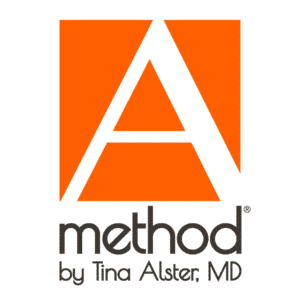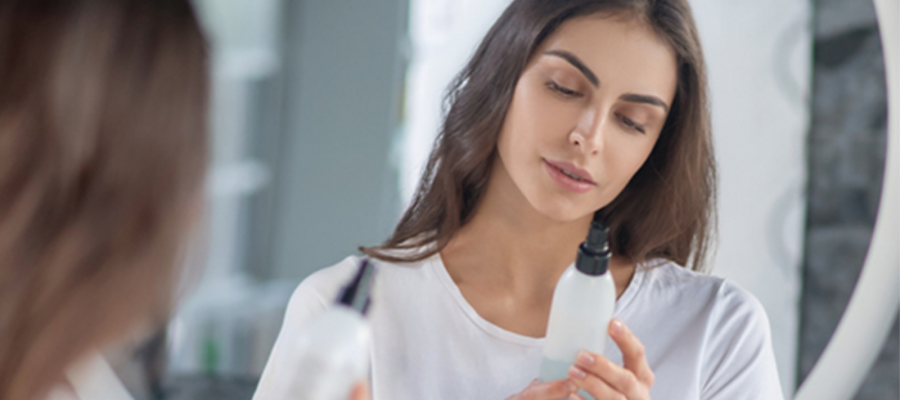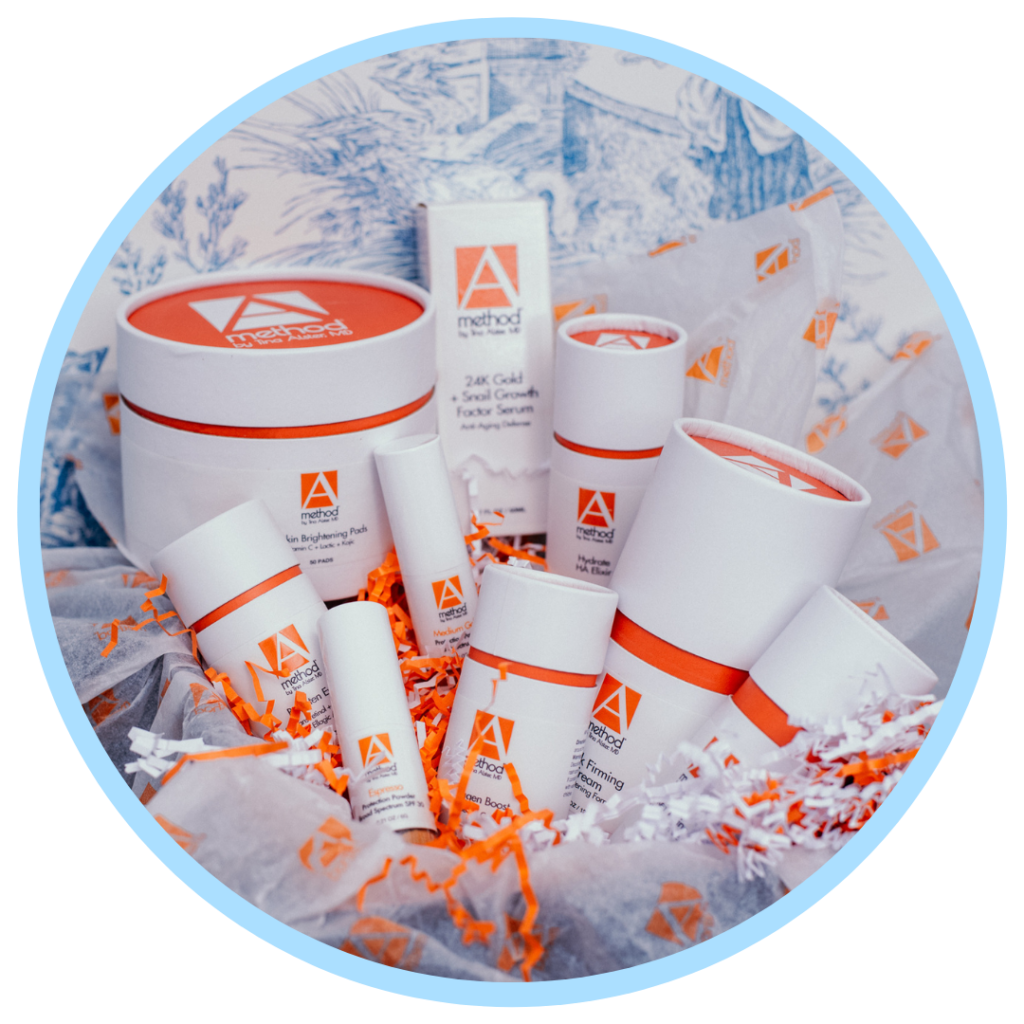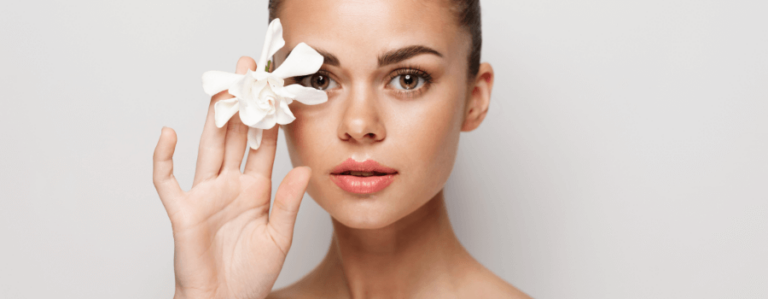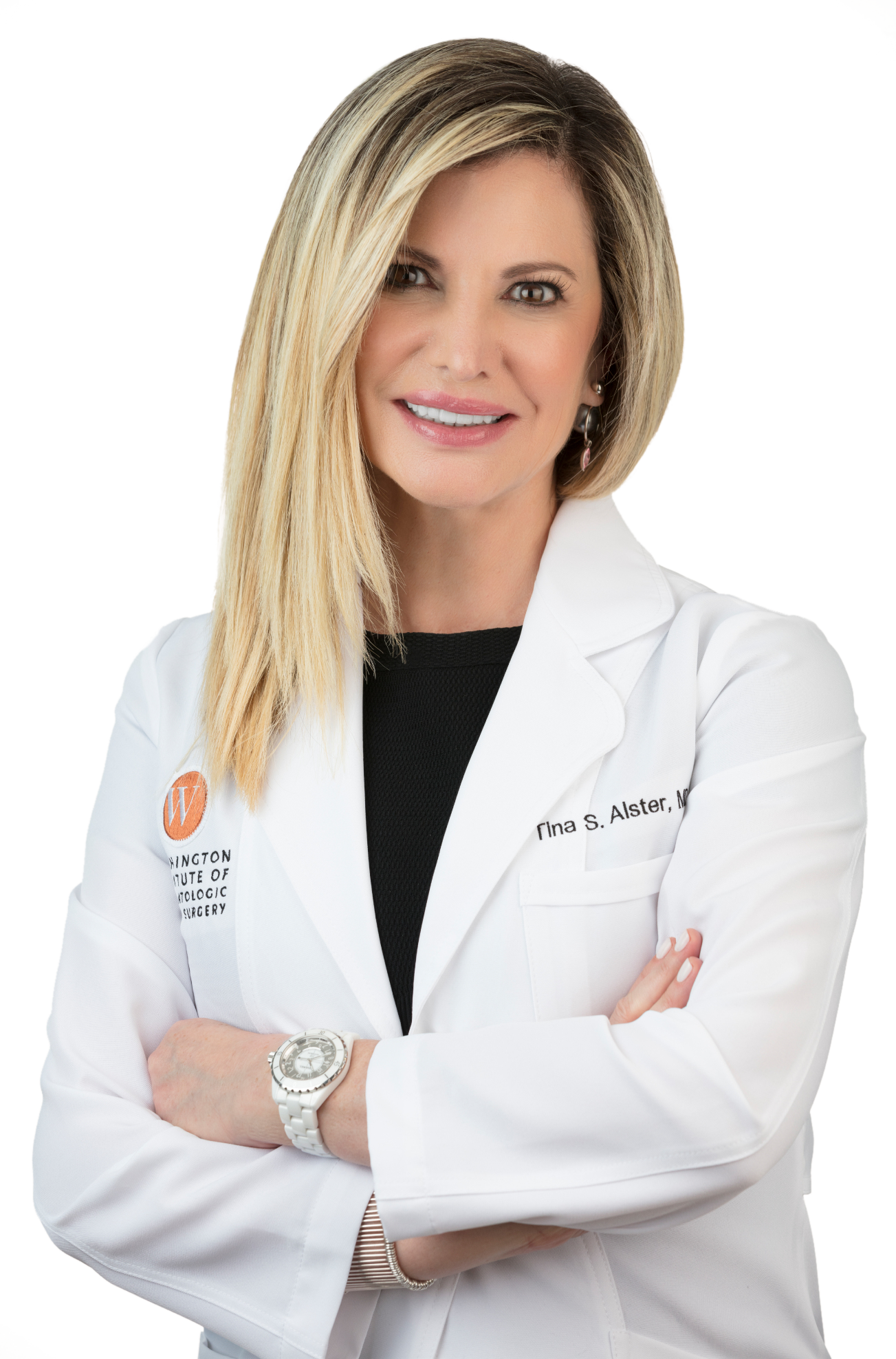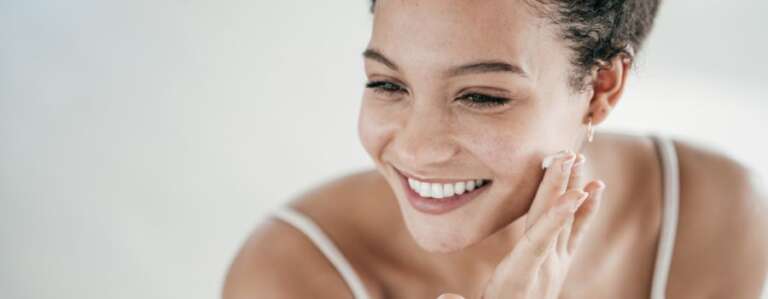
Bakuchiol v.s. Retinol
Bukachiol is known in skincare circles as
an alternative to Retinol for sensitive skin types, but has recently been in the spotlight as an “all-natural” alternative to Retinol products. Both compounds are often used in skincare, but have different properties and benefits when compared to each other.
